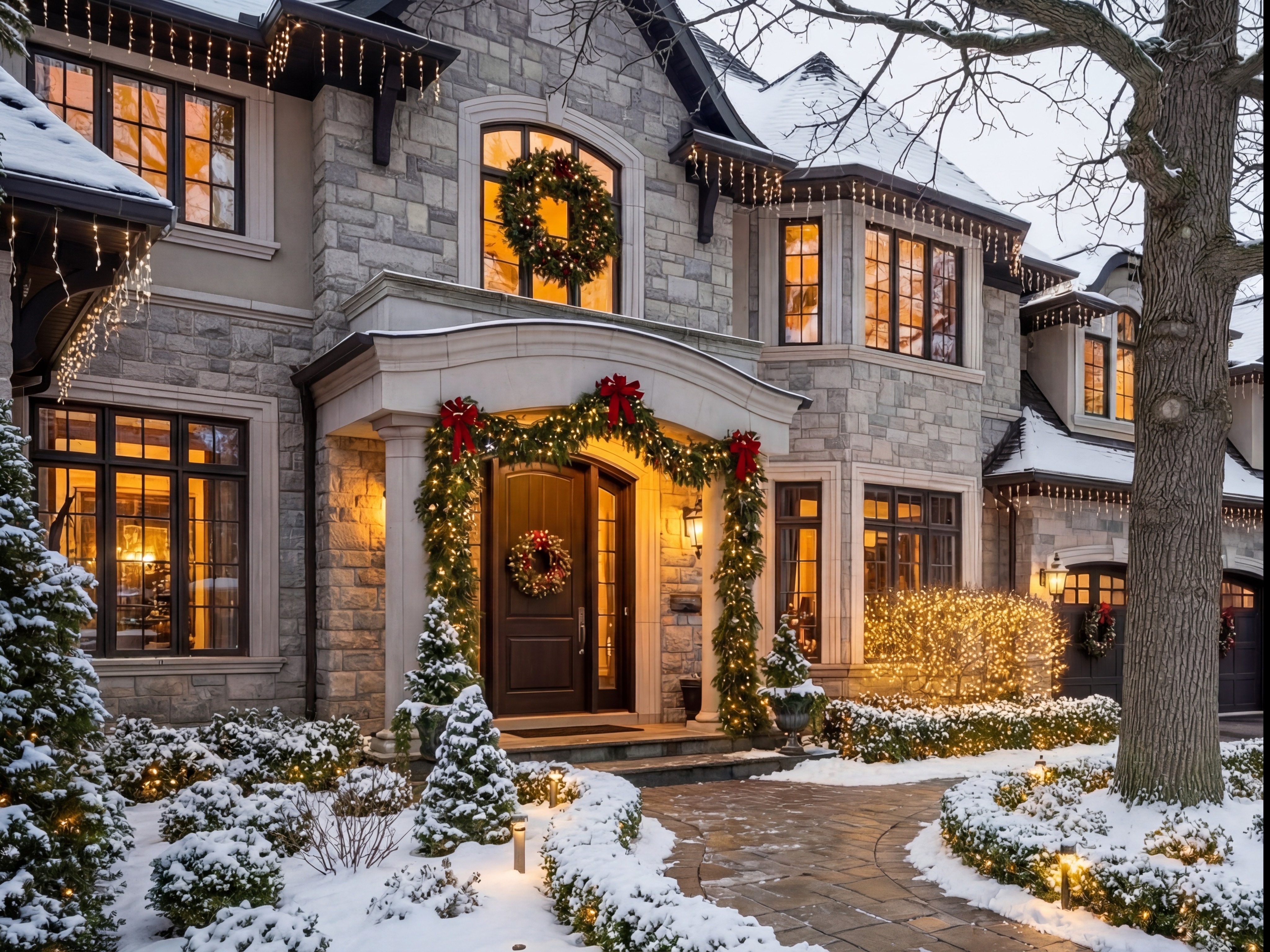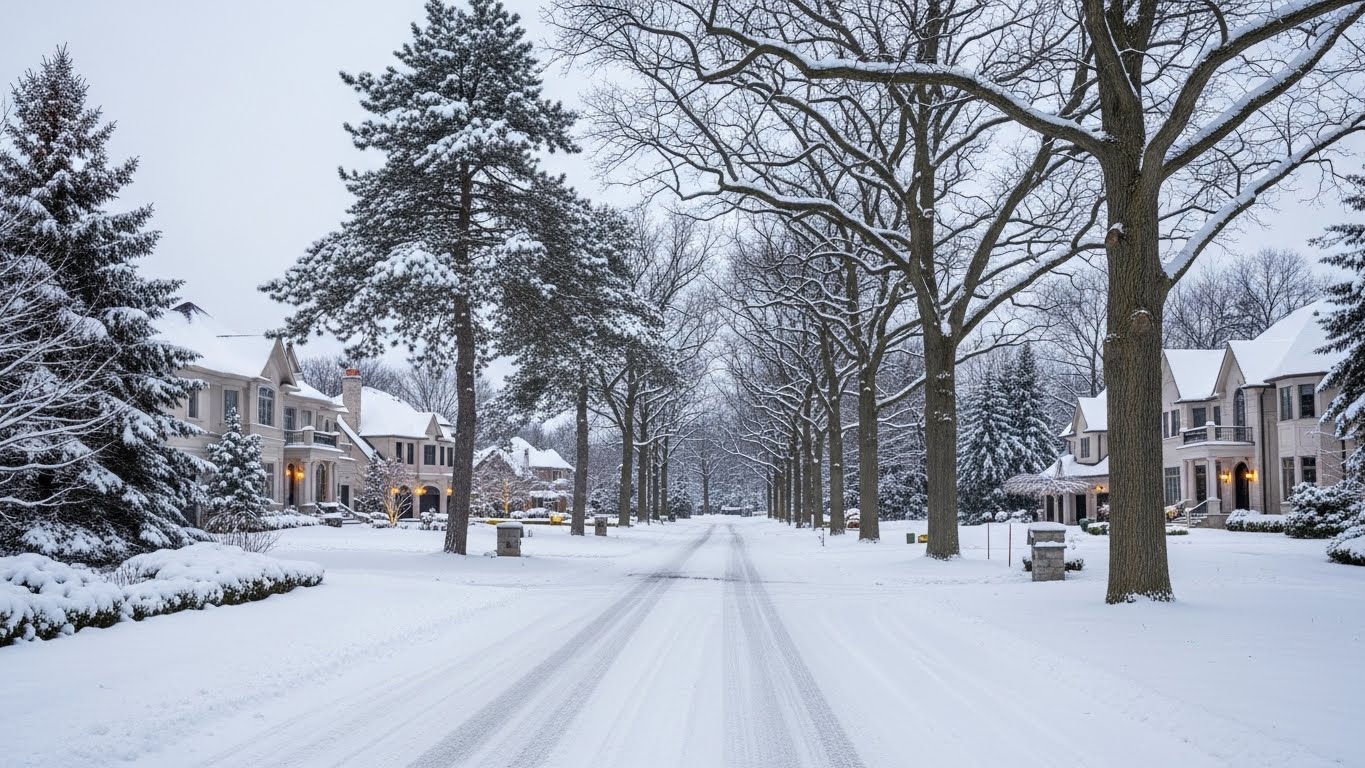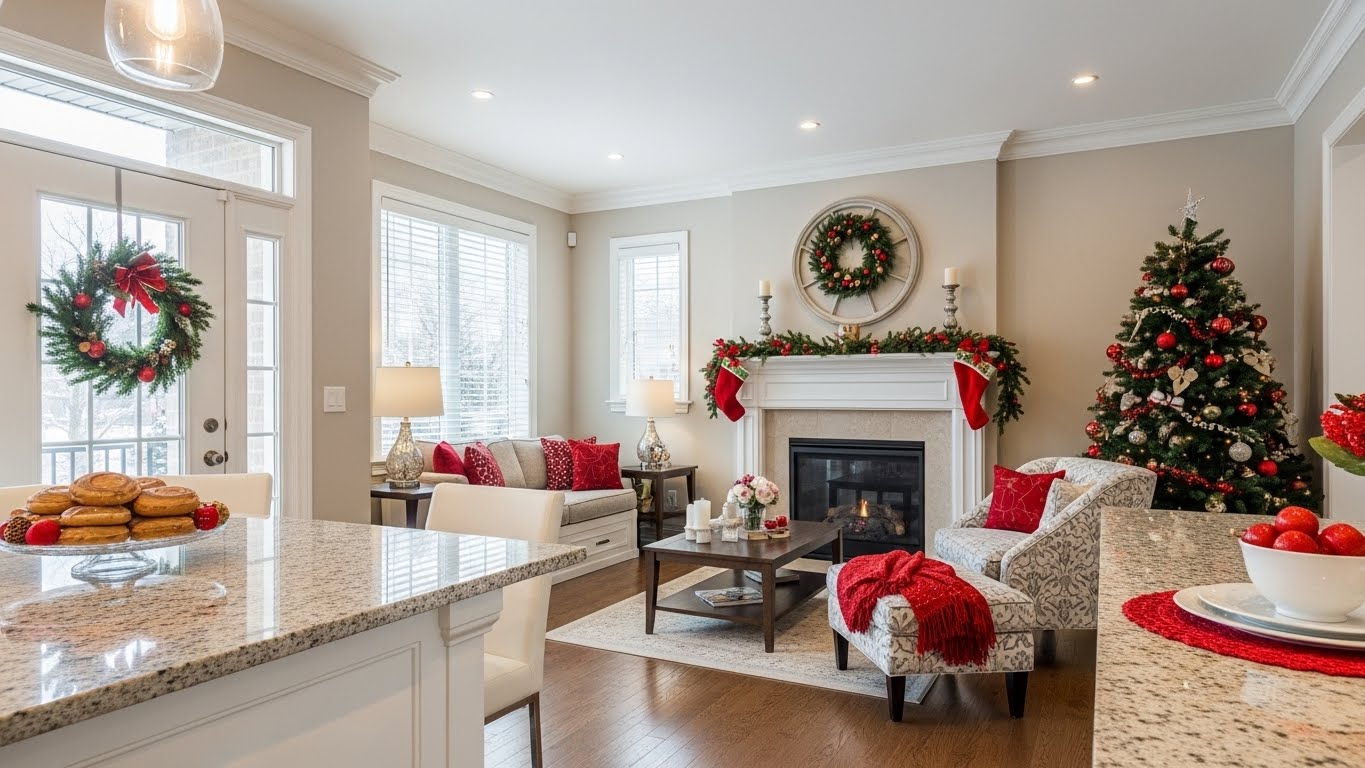When purchasing a home in the Greater Toronto Area (GTA), prospective buyers are faced with a pivotal decision: buying a new or older home. Each option offers its own set of advantages and disadvantages, making it essential for homebuyers to weigh their priorities and make an informed choice.
As a seasoned real estate agent with over 20 years of experience in the GTA market, I've witnessed countless buyers grapple with this decision. If you’re currently facing this decision, it’s important first to understand the benefits and disadvantages of each option so that you can make a clear decision knowing which choice is right for you.
In this blog post, I'll delve into the pros and cons of buying new and old homes, allowing you to navigate this critical choice.
Purchasing a Newly Built or Newer Home
Benefits:
- Modern Amenities and Features: New homes often have the latest amenities and features, reflecting contemporary design and technology trends. This can include open-concept layouts, energy-efficient appliances, smart home systems, and luxurious finishes. Purchasing a new home allows you to enjoy modern comforts from day one.
- Builder's Warranty: Builders typically offer warranties on new homes, providing peace of mind for buyers. These warranties cover defects in construction and specific components for a specified period, reducing the financial risk associated with unforeseen issues.
- Energy Efficiency: New homes are constructed with energy efficiency in mind. They often feature superior insulation, high-efficiency HVAC systems, and energy-efficient windows, reducing utility bills and reducing carbon footprint.
- Customization Options: For homebuyers considering purchasing a home that has yet to break ground, one of the significant benefits is that you can customize available options, allowing you to tailor the home's layout and finishes to your preferences. This can be particularly appealing for those with specific design tastes.
Cons:
- Higher Initial Cost: New homes tend to come with a higher price tag compared to older properties in the same area. Buyers should be prepared for potentially steeper upfront costs, and those purchasing a condo should be prepared for higher condo fees.
- Limited Established Neighborhoods: New home developments are often located in burgeoning neighbourhoods, which may lack older communities' established charm and amenities. Depending on where you are looking and the location of your new build, it can take time for these areas to develop character and convenience.
- Construction Delays: This is a critical factor that homebuyers should consider when purchasing a new build. Construction timelines can sometimes be delayed due to unforeseen circumstances, weather, or labour shortages. Buyers must be prepared for possible delays in moving into their new homes.
Buying an Older Home:
Pros:
- Established Neighborhoods: Older homes are typically found in well-established neighbourhoods with mature trees, parks, and a sense of community. These areas often feature established schools and local businesses. This may be a key factor for young families looking to buy.
- Character and Unique Features: Older homes often boast unique architectural features, such as hardwood floors, ornate mouldings, and distinctive layouts that add character and charm. Renovating an older home can also allow for customization on certain elements.
- Lower Initial Cost: Generally, older homes are more affordable upfront than new constructions of similar size and location. This can make homeownership more accessible to a wider range of buyers. In addition, for those purchasing in an older apartment or condo building with older amenities available, the condo fees tend to be lower.
- Potential for Appreciation: Older homes may be situated in neighbourhoods with a steady property value appreciation history. Investing in such areas can yield long-term financial benefits.
Cons:
- Maintenance and Repairs: Older homes may require more maintenance and repairs due to wear and tear. Buyers should budget for potential renovation and restoration. It is a cost which can be significant. If you’re considering purchasing an older home, it’s also imperative that you get a home inspection before buying. This will allow you to fully understand the home’s state and if any repairs will be needed in the years to come.
- Energy Inefficiency: Older homes often lack modern energy-efficient features, leading to higher utility bills. Upgrading insulation, windows, and HVAC systems may be necessary to improve energy efficiency. It also may be worth investigating the average monthly energy bill to include in your monthly budget.
- Limited Amenities: Older neighbourhoods may have fewer modern amenities, and homeowners may need to commute to access shopping centers, entertainment, and recreational facilities.
Ultimately, the choice between buying a new or old home in the GTA depends on your preferences, priorities, and budget. After reviewing the pros and cons for each home type, it is essential for you as a potential buyer to see what aligns with your goals and visions to make a decision and proceed.
Have questions or concerns about which home type or location is best for you? At the Joette Fielding Real Estate Group, we have a great deal of experience, allowing us to provide expert guidance and assistance. If you require further insights or information tailored to your unique needs, please download our Home Buyer Guide from our website or reach us directly. Together, we can navigate the GTA real estate market and find your perfect home.

.png)



